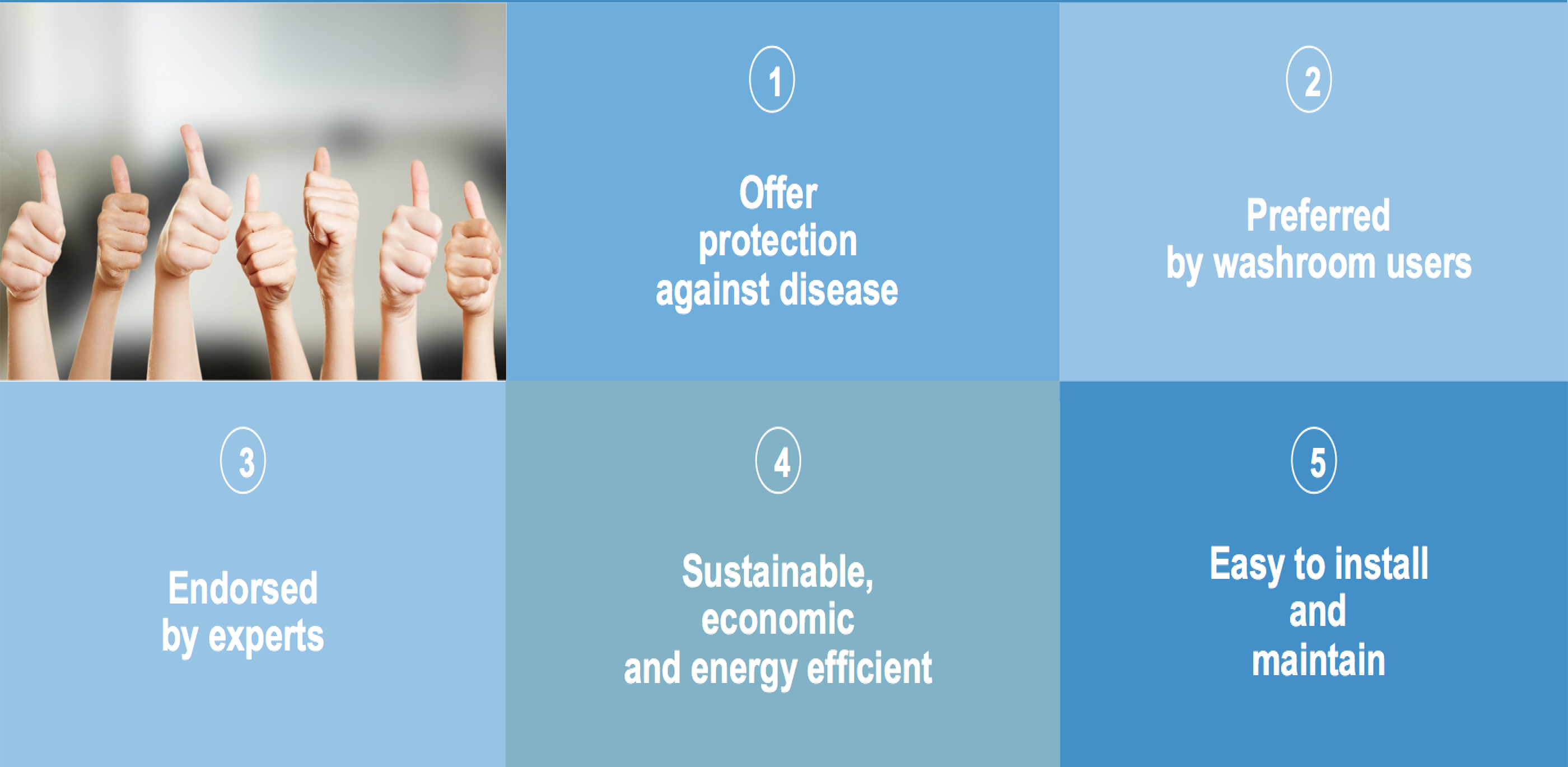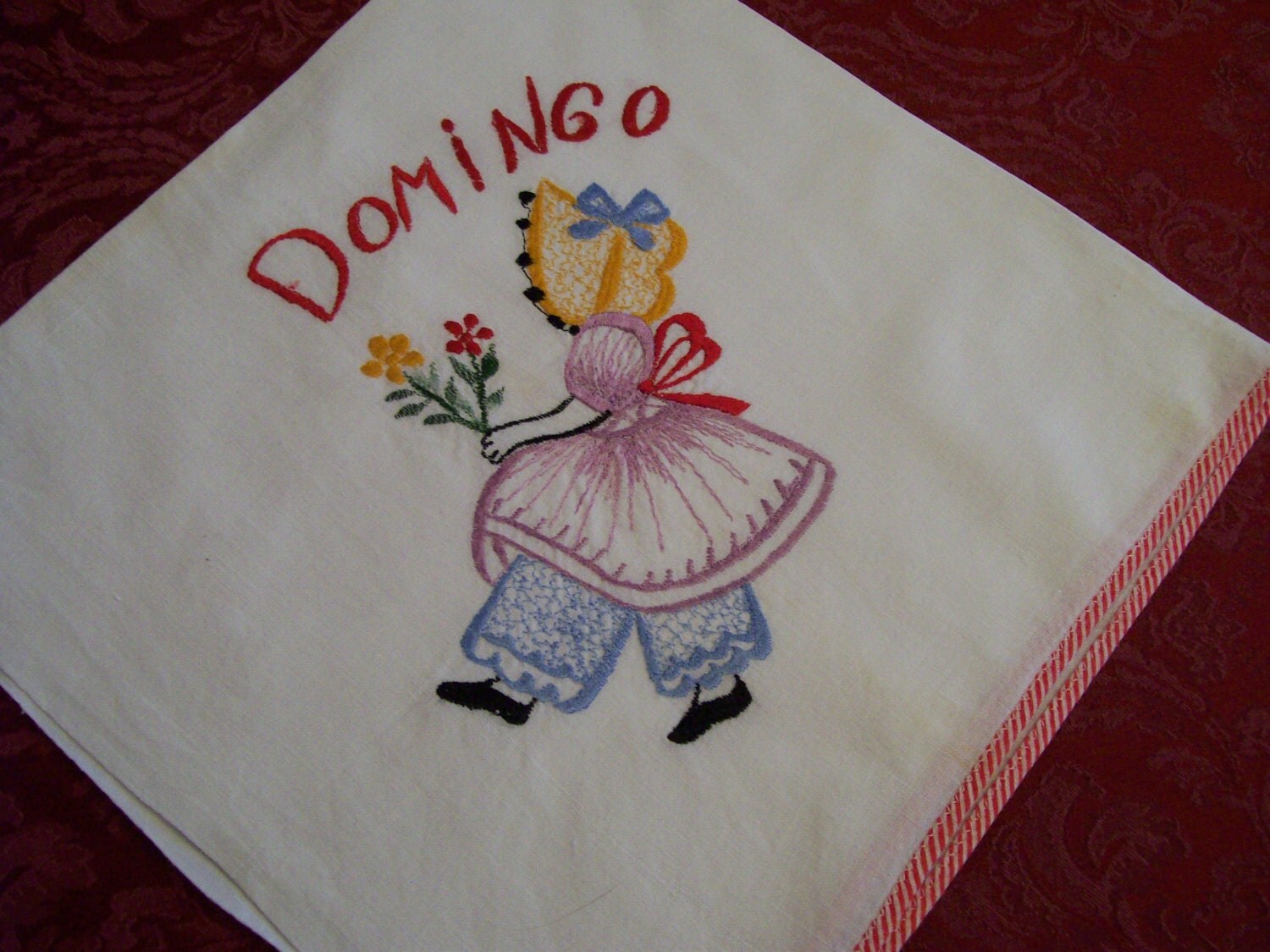Towels in spanish language – In the tapestry of Spanish-speaking cultures, towels, or “toallas” in Spanish, are not merely functional textiles but threads that weave together tradition, symbolism, and everyday life. This guide delves into the fascinating world of towels in Spanish-speaking countries, exploring their diverse types, cultural significance, manufacturing processes, marketing strategies, and emerging trends.
From the soft embrace of traditional hand towels to the innovative designs of modern bathrobes, towels in Spanish-speaking markets present a rich and varied landscape. This guide unveils the intricacies of towel making, from the selection of raw materials to the intricate techniques used to create these essential household items.
Towel Types and Varieties

Towels are an essential part of any bathroom, and there are many different types and varieties available in Spanish-speaking countries. From soft and absorbent terrycloth to quick-drying microfiber, there is a towel to suit every need.
The following table provides a list of some of the most common towel categories and their Spanish equivalents:
| English | Spanish |
|---|---|
| Bath towel | Toalla de baño |
| Hand towel | Toalla de mano |
| Washcloth | Toallita |
| Beach towel | Toalla de playa |
| Kitchen towel | Toalla de cocina |
Towels are made from a variety of materials, each with its own unique qualities:
- Cottonis a natural fiber that is soft, absorbent, and durable. It is the most common material used to make towels.
- Terryclothis a type of cotton fabric that has been woven with loops on one side. This creates a soft, absorbent surface that is ideal for drying the body.
- Microfiberis a synthetic fiber that is very absorbent and quick-drying. It is often used to make towels for athletes and people who travel frequently.
- Bamboois a natural fiber that is soft, absorbent, and antibacterial. It is a sustainable alternative to cotton and is becoming increasingly popular for making towels.
Cultural Significance of Towels
In Spanish-speaking communities, towels hold cultural significance beyond their practical use. They serve as symbols of tradition, faith, and identity, woven into the fabric of daily life, religious ceremonies, and festivals.
Religious Ceremonies
Towels play a sacred role in religious ceremonies, representing purity and cleansing. In Catholic tradition, white towels are used to dry the hands of the priest during Mass, symbolizing the washing away of sins.
Festivals
Towels are vibrant accessories in festivals, adding color and cultural flair. In the Mexican tradition of “Las Mañanitas,” colorful towels are hung on the walls as a symbol of celebration and joy.
Daily Life
In daily life, towels carry personal and cultural meanings. Embroidered towels with intricate patterns are passed down through generations, preserving family traditions and connecting people to their heritage.
Symbolism and Meanings
Towels also carry symbolic meanings. White towels represent purity and innocence, while dark towels may symbolize mourning or respect. Towels with religious symbols, such as crosses or doves, express faith and devotion.
Towel Manufacturing and Distribution

The towel manufacturing industry in Spanish-speaking countries is a significant contributor to the global textile sector. Major manufacturing regions include Mexico, Colombia, Peru, and Argentina, renowned for their production of high-quality towels.
The production process involves several stages, starting with the selection of raw materials such as cotton, bamboo, or microfiber. These materials are spun into yarn, which is then woven or knitted into fabric. The fabric is bleached, dyed, and finished to achieve the desired color, texture, and absorbency.
Distribution Channels
Towels are distributed through various channels in Spanish-speaking markets. Major distribution channels include department stores, home goods stores, online retailers, and wholesale suppliers. These channels cater to both retail consumers and commercial establishments such as hotels, hospitals, and spas.
Towel Marketing and Branding

Towel marketing in Spanish-speaking countries is a highly competitive industry. To succeed, brands must develop effective marketing strategies that appeal to the target audience.
Marketing Strategies
Towel brands in Spanish-speaking countries use a variety of marketing strategies to promote their products, including:
- Television advertising:Television advertising is a popular way to reach a large audience in Spanish-speaking countries. Brands often use celebrity endorsements and emotional appeals in their television commercials.
- Print advertising:Print advertising is another common way to reach consumers in Spanish-speaking countries. Brands often place ads in magazines and newspapers that are targeted to their desired audience.
- Social media:Social media is a growing marketing channel for towel brands in Spanish-speaking countries. Brands use social media to connect with consumers, share product information, and run contests and promotions.
- Influencer marketing:Influencer marketing is a popular way for towel brands to reach a wider audience. Brands partner with influencers who have a large following on social media to promote their products.
Branding and Brand Positioning
Branding is essential for success in the towel industry. A strong brand can help a company differentiate its products from the competition and create a loyal customer base. Towel brands in Spanish-speaking countries often position themselves based on factors such as:
- Quality:Some brands focus on producing high-quality towels that are made from premium materials.
- Price:Other brands focus on offering affordable towels that are accessible to a wider range of consumers.
- Style:Some brands focus on producing stylish towels that are available in a variety of colors and patterns.
Successful Towel Brands, Towels in spanish language
Some of the most successful towel brands in Spanish-speaking countries include:
- Cannon:Cannon is a leading towel brand in Spanish-speaking countries. The brand is known for its high-quality towels that are made from premium materials.
- Coppel:Coppel is a popular towel brand in Mexico. The brand offers a wide range of towels at affordable prices.
- Zara Home:Zara Home is a Spanish fashion retailer that also sells a line of towels. The brand’s towels are known for their stylish designs and high quality.
Towel Trends and Innovations: Towels In Spanish Language
Towels, an essential household item, are constantly evolving to meet the changing needs and preferences of consumers. In Spanish-speaking markets, emerging trends in towel design and technology reflect a growing emphasis on comfort, sustainability, and innovation.Modern towels incorporate innovative materials and features to enhance their functionality and appeal.
These include moisture-wicking fabrics that keep users dry and comfortable, antimicrobial treatments that inhibit the growth of bacteria, and odor-resistant technologies that maintain freshness. Additionally, advancements in manufacturing techniques have led to the development of towels with unique textures, patterns, and colors, catering to diverse aesthetic preferences.
Environmental Sustainability in Towel Production and Consumption
Sustainability has become an increasingly important consideration in the towel industry. Consumers are becoming more aware of the environmental impact of their purchases, and manufacturers are responding by adopting eco-friendly practices throughout the production and distribution chain. This includes using sustainable materials, such as organic cotton and bamboo, reducing water and energy consumption during manufacturing, and implementing recycling programs for used towels.
Last Point

As we conclude our exploration of towels in Spanish-speaking countries, we recognize their profound impact on both practical and cultural spheres. Towels serve as canvases for artistic expression, symbols of religious devotion, and essential tools for personal hygiene. Their production and distribution networks are vital to local economies, and their marketing strategies reflect the evolving tastes and preferences of consumers.
The future of towels in Spanish-speaking markets holds exciting possibilities. Innovative materials and technologies promise to enhance their functionality and sustainability. As cultural traditions continue to evolve, towels will undoubtedly remain an integral part of Spanish-speaking households, carrying with them stories, memories, and a deep connection to the vibrant tapestry of these cultures.
Essential Questionnaire
What are the most common types of towels in Spanish-speaking countries?
Towels in Spanish-speaking countries come in various types, including hand towels (“toallas de mano”), bath towels (“toallas de baño”), beach towels (“toallas de playa”), and kitchen towels (“toallas de cocina”).
What is the cultural significance of towels in Spanish-speaking communities?
Towels hold cultural significance in Spanish-speaking communities, often used in religious ceremonies, festivals, and traditional dances. They can symbolize purity, devotion, and good luck.
How are towels manufactured and distributed in Spanish-speaking countries?
Towels in Spanish-speaking countries are manufactured in textile factories using various materials like cotton, microfiber, and bamboo. Distribution channels include retail stores, department stores, and online platforms.
What are some innovative trends in towel design and technology?
Emerging trends in towel design and technology include the use of antimicrobial materials, quick-drying fabrics, and sustainable production practices.